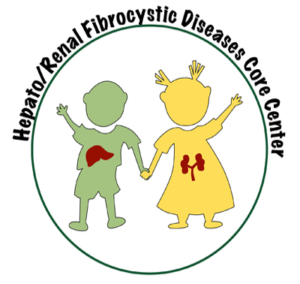What is ARPKD?
Autosomal recessive polycystic kidney disease (ARPKD) is a rare genetic disorder occurring in approximately 1 in 25,000 children, equally affecting boys and girls.
ARPKD can come as a scary, overwhelming diagnosis. And while ARPKD can cause death in the first month of life, almost 80% of ARPKD children survive the newborn period. Past that, one-third will need a transplant or dialysis in the first 10 years, however. But that’s no reason to be pessimistic.
The prognosis for ARPKD has changed dramatically—it’s no longer considered a fatal condition. Twenty years ago, only half of the children born with the disease survived to their 10th birthday. Now, more than 90% of children who survive the newborn period reach their 20th birthday and 50% of these survivors do not yet require dialysis or a transplant.
ARPKD Patient Database
Download a flyer for more information and to learn how to participate.
The basics
Where can I find support?
The PKD Foundation funds ARPKD research and supports ARPKD families through education, awareness events, and community connection.
How is ARPKD Diagnosed?
Prenatal ultrasounds, prenatal genetic testing, and pre-implantation genetic diagnosis (PGD) can be used to diagnose ARPKD.
What causes ARPKD?
ARPKD is caused by a mutation in chromosome 6 (PKHD1 gene). In recessive disorders such as ARPKD, the child must inherit a copy of the PKHD1 gene from each parent.
What are the symptoms of ARPKD?
There are prenatal symptoms and symptoms immediately after birth. In most cases, children with ARPKD have a progressive loss of kidney function.

Get the latest information on treating PKD.
Receive notifications when there are clinical studies in your area.
Complications
What are the related health complications?
ARPKD affects both kidneys and the liver and can impact lung development, blood pressure, and gastrointestinal health.
Page last updated July 2021









